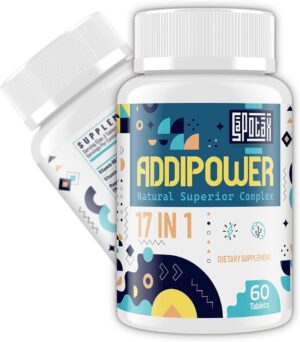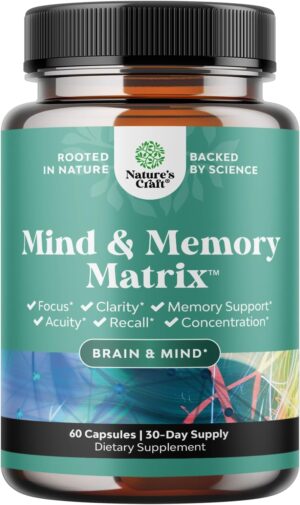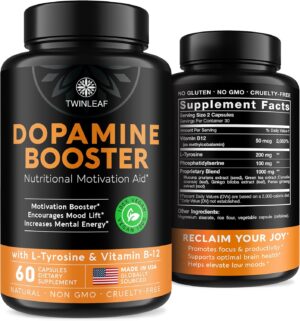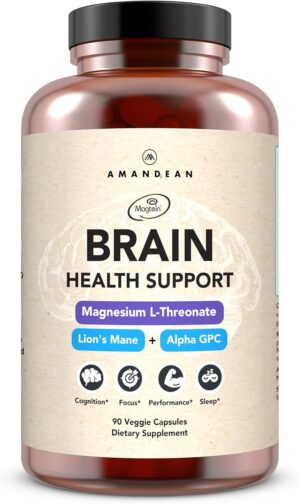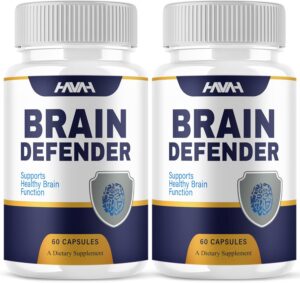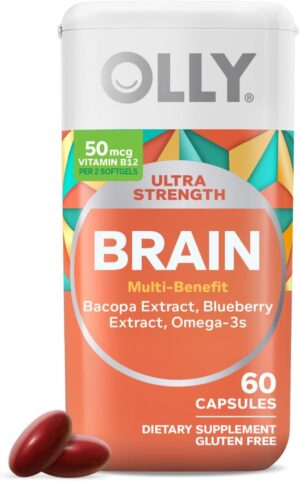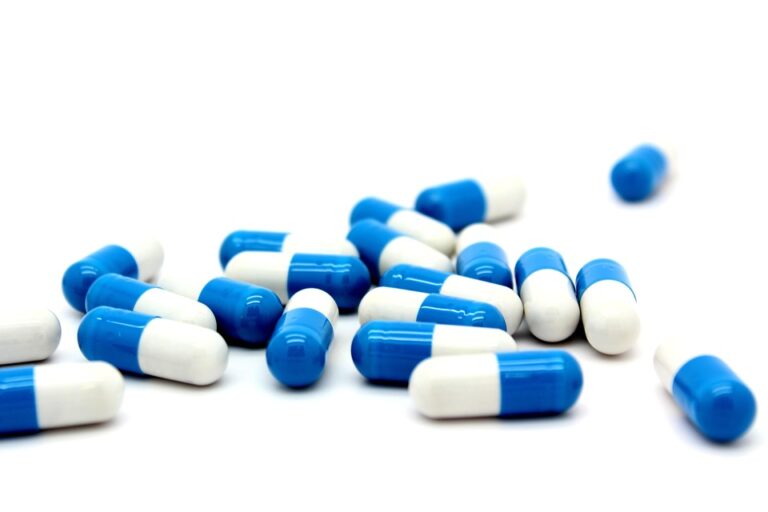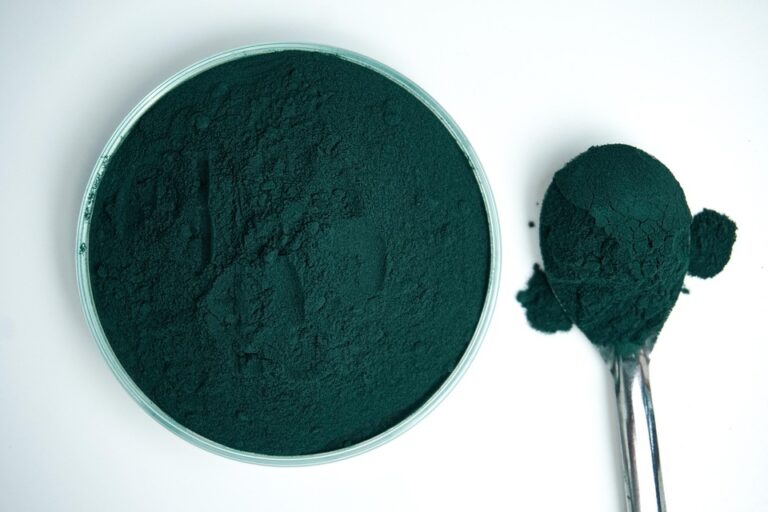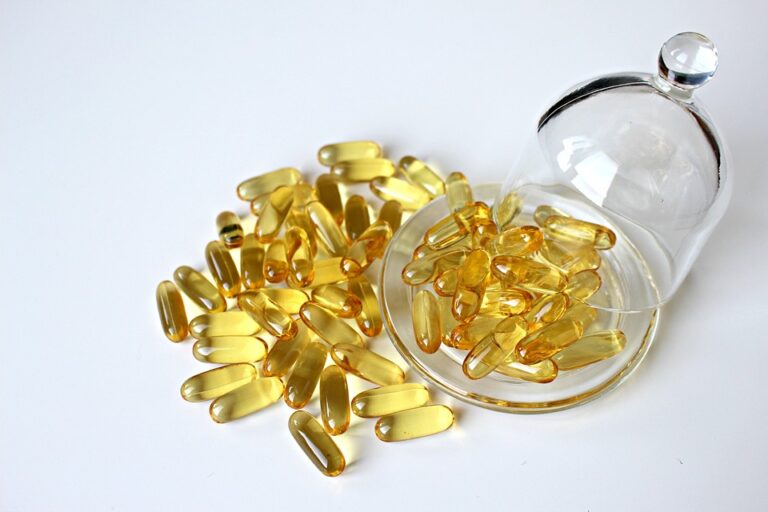Creatine is one of the most well-researched supplements for improving exercise performance, muscle growth, and recovery. But beyond its benefits for athletes, emerging research suggests that creatine might also enhance brain function. So, can it really boost brainpower? Let’s explore what the science says.
What Is Creatine and How Does It Work?
Creatine is a naturally occurring compound found in muscle cells and the brain, where it plays a crucial role in energy production. About 95% of the body’s creatine is stored in muscles, but the brain also relies on adenosine triphosphate (ATP)—the energy currency of cells—which creatine helps regenerate.
When the brain is under high demand (such as during intense cognitive tasks), creatine phosphate donates a phosphate group to resynthesize ATP, ensuring a steady energy supply.
Creatine and Cognitive Function: The Evidence
1. Improves Memory and Intelligence
Several studies suggest that creatine supplementation can enhance short-term memory and reasoning skills, particularly in individuals with lower baseline creatine levels (such as vegetarians or older adults).
- A 2003 study published in Psychopharmacology found that vegetarians given creatine supplements showed significant improvements in working memory and intelligence test scores compared to placebo.
- A 2018 meta-analysis in Neuroscience & Biobehavioral Reviews concluded that creatine may benefit short-term memory and reasoning, especially in cognitively demanding tasks.
2. May Reduce Mental Fatigue
By supporting ATP production, creatine may help the brain maintain energy during prolonged mental exertion.
- A 2017 study in Amino Acids found that participants who took creatine before performing a series of math calculations experienced less mental fatigue than the placebo group.
- Another study observed that creatine supplementation improved decision-making accuracy in sleep-deprived individuals.
3. Supports Brain Health in Aging and Neurological Conditions
Some research suggests creatine could protect against neurodegenerative diseases like Alzheimer’s and Parkinson’s by enhancing cellular energy and reducing oxidative stress.
- A 2021 review in Nutrients noted that preclinical studies show promising results for creatine in neuroprotection, though more human trials are needed.
- Older adults with mild cognitive impairment may benefit from creatine’s energy-boosting effects, potentially delaying cognitive decline.
Who Might Benefit Most from Creatine?
While creatine may enhance brain function, certain groups could see more pronounced effects:
- Vegetarians & Vegans (since they consume less dietary creatine from meat).
- Older Adults (due to declining creatine levels with age).
- People Undergoing Sleep Deprivation or Stress (e.g., students, shift workers).
- Individuals with Neurological Conditions (research is still evolving).
Dosage and Safety
Typical cognitive enhancement doses range from 3–5 grams per day, matching standard muscle-building protocols. Creatine is generally safe, with rare side effects like mild gastrointestinal discomfort at higher amounts.
The Bottom Line
Current research suggests that creatine may modestly enhance memory, reasoning, and mental stamina, particularly in those with lower baseline creatine levels. While it won’t turn you into a genius overnight, it could be a useful tool for optimizing brain function—especially under cognitively demanding conditions.
If you’re considering creatine for brain health, consult with a healthcare professional, particularly if you have existing medical conditions.
Key Takeaways:
✅ May improve short-term memory and cognitive performance.
✅ Helps reduce mental fatigue during prolonged tasks.
✅ Potentially supports brain health in aging populations.
❌ Effects are modest—don’t expect drastic cognitive enhancement.
Would you try creatine for brainpower? Share your thoughts! 🧠💪


